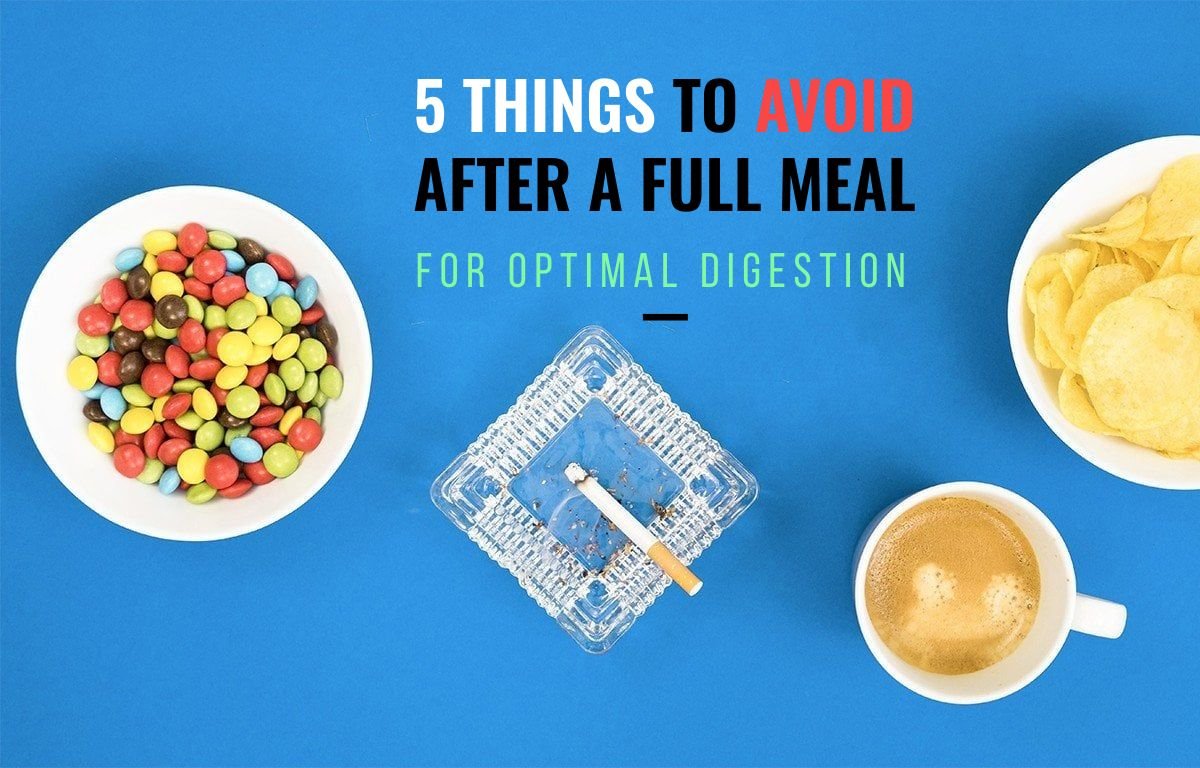Introduction
In our quest for a healthier lifestyle, we often focus on what to eat to maintain a balanced diet. However, equally important is understanding what we should avoid doing after a full meal to ensure 5 Things to Avoid After a Full Meal for Optimal Digestion and overall well-being. In this comprehensive guide, we will delve into the top five things you should steer clear of after enjoying a hearty meal. By following these guidelines 5 Things to Avoid After a Full Meal for Optimal Digestion, you can enhance your digestive health and lead a more comfortable life.
1. Avoid Immediate Physical Activity
After indulging in a delicious meal, it’s tempting to jump into physical activities like exercising, jogging, or even performing strenuous household chores. However, this can have adverse effects on your digestion. Physical exertion diverts blood flow away from your digestive system, which can slow down the digestive process and lead to discomfort. It’s advisable to wait at least 30 minutes to an hour before engaging in any vigorous physical activity.
2. Refrain from Consuming Excessive Liquids
While staying hydrated is essential for good health, gulping down large quantities of water immediately after a meal can dilute the stomach acids needed for effective digestion. Instead, sip water slowly during your meal to aid in the breakdown of food. After your meal, opt for herbal teas or warm water to aid digestion without overloading your system.
3. Say No to Smoking
Smoking is a habit that should be avoided at all times, but it becomes even more detrimental after a full meal. Nicotine and other harmful chemicals in cigarettes can weaken the esophageal sphincter, leading to acid reflux and heartburn. To support your digestive health, refrain from smoking altogether, especially during the post-meal period.
4. Limit Desserts and Sugary Treats
Indulging in desserts and sugary treats immediately after a meal can lead to rapid spikes in blood sugar levels. This can result in energy crashes and affect your overall metabolism. To maintain stable blood sugar levels, it’s best to consume sweet treats in moderation and preferably as a separate snack between meals.
5. Avoid Heavy or Greasy Foods Before Bed
Eating heavy or greasy foods right before bedtime can disrupt your sleep and hinder digestion. Your body works best when you’re upright, so lying down after a big meal can cause acid reflux and discomfort. If you’re hungry before bedtime, opt for light and easily digestible snacks like yogurt or a piece of fruit.
In conclusion, following these guidelines can significantly improve your digestive health and overall well-being. By avoiding immediate physical activity, limiting liquid intake during meals, refraining from smoking, moderating sweet treats, and avoiding heavy foods before bedtime, you can support your digestive system’s efficiency. Remember that a healthy lifestyle and mindful eating habits play a crucial role in achieving optimal digestion and long-term wellness.
